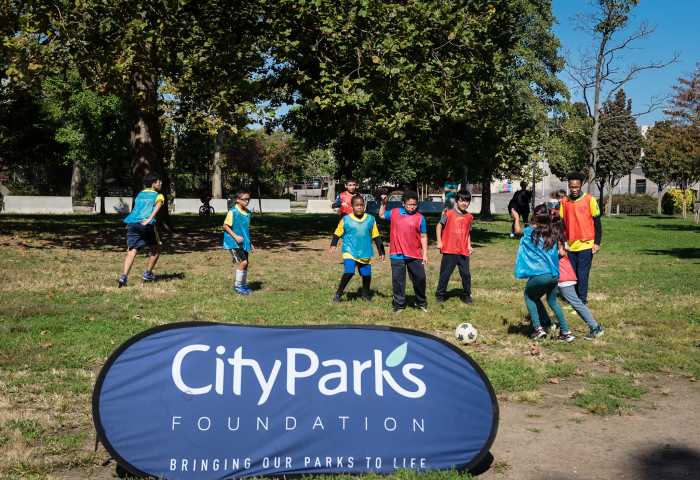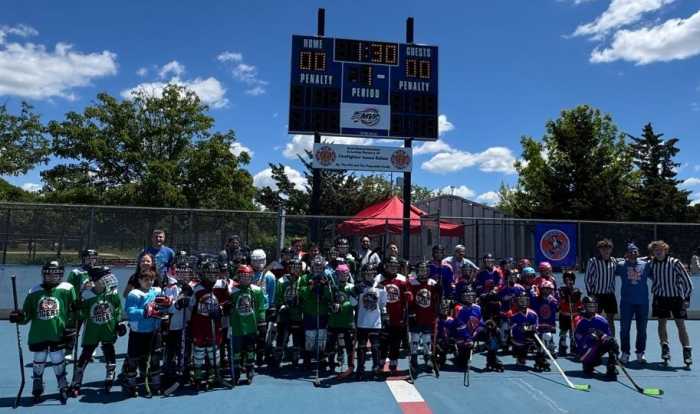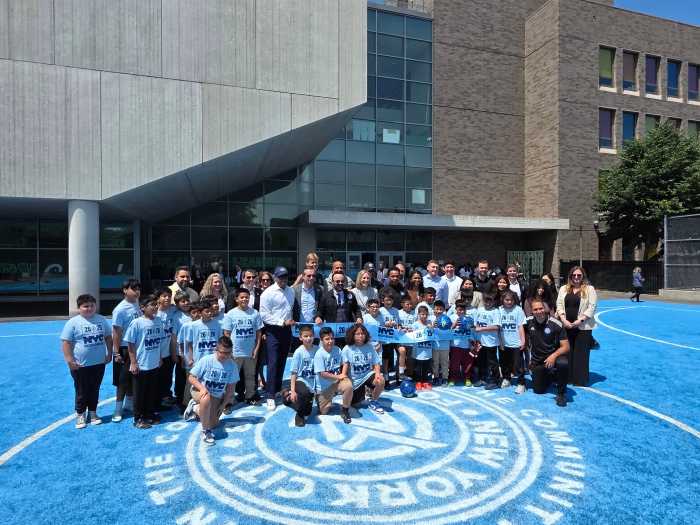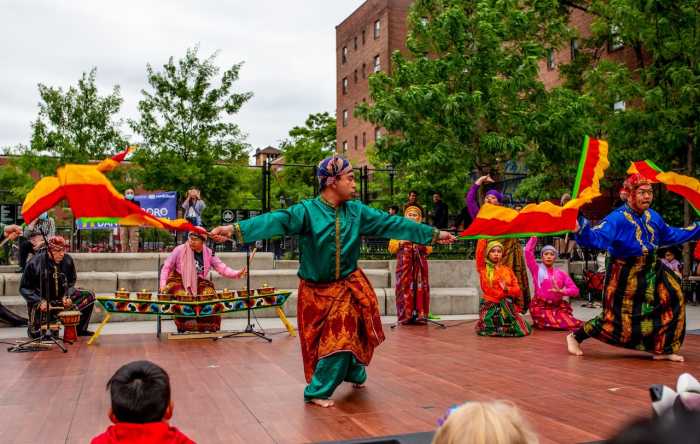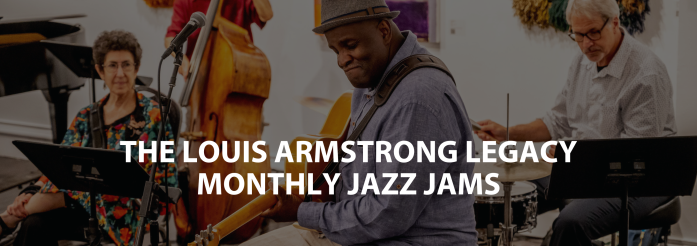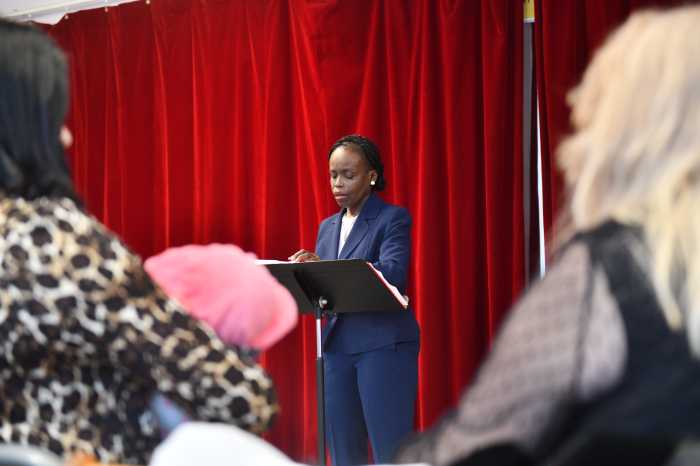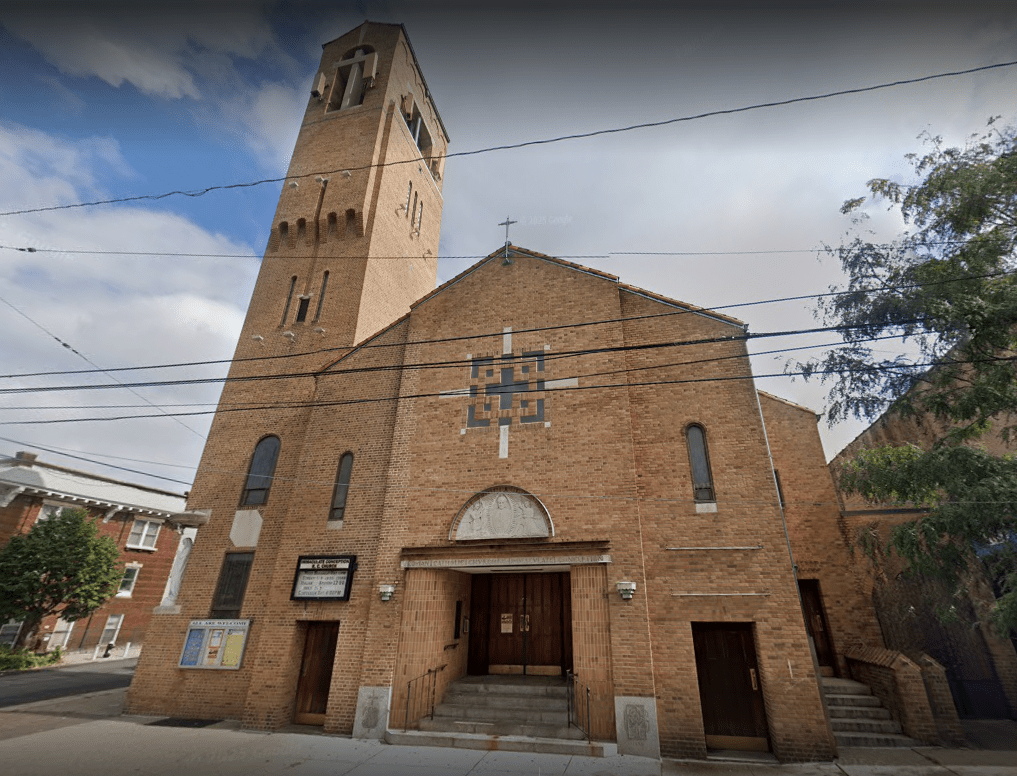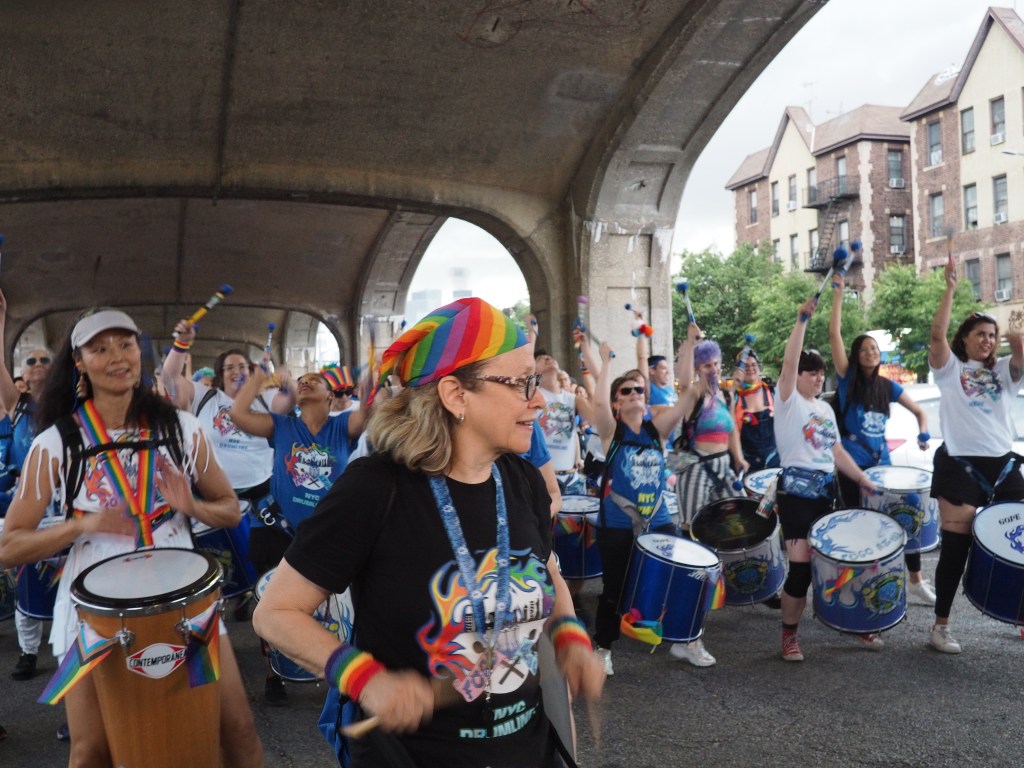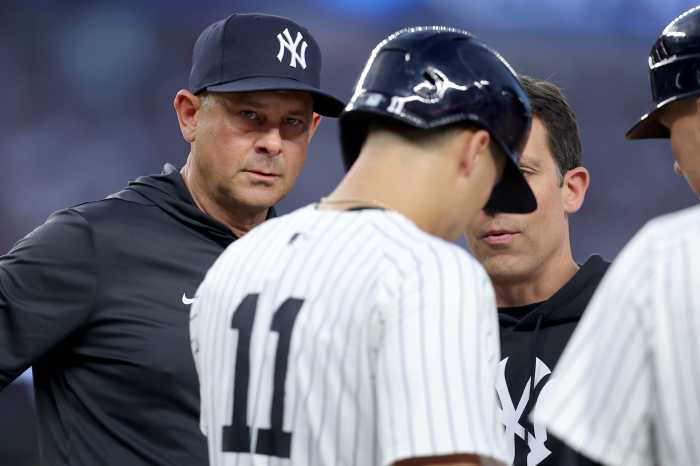Joe Mare had a lot of big hits on the baseball diamond, but the biggest hit of his life came off the field on a February morning three years ago, less than a mile away from his Whitestone home.
In the morning hours of February 10, 2008, just weeks before his senior baseball season with C.W. Post, Mare was struck by a car while crossing Francis Lewis Boulevard, only blocks away from Holy Cross High School, where he once was a star athlete in both baseball and basketball.
The accident left Mare in a coma for two weeks, changing his life forever. Suffering two broken legs, a broken elbow, a fractured skull and left eye socket, a collapsed lung and traumatic brain injury (TBI), Mare fought his way back after more than 20 surgeries and years of therapy, to return to baseball – the game he loves more than anything in this world.
At the time of the accident, Mare was a senior at C.W. Post University on Long Island and needed only 17 more credits to graduate. He was also the third basemen for the Pioneers, one of the most important guys on the team.
In his junior year, Mare set a single-season school record with 82 hits, to go along with an incredible .402 batting average. His performance helped lead the Pioneers to a 30-win season, just missing out on a bid to go to the regionals for the Division II school.
That magical season raised eyebrows for some major league teams, including scouts from the New York Mets and Milwaukee Brewers, who were scheduled to come down and watch Mare play in his senior year.
But after that February morning, all of that seems like a lifetime ago for Mare.
“I’d love to remember,” said Mare, adding that his memories of that stellar season are foggy. “That was a good year. All around it was a good year. Everything about it was a good year.”
Memories of his past are left somewhat cloudy due to the TBI he suffered from the collision. Tom Mare, Joe’s father, still isn’t exactly sure what TBI is, but he has become all too familiar with how it can affect one’s daily life.
“No one knows what head trauma is until you really get into it,” he said. “We’re thinking the whole time, because we still have no idea what a head injury is, we’re thinking that he’s just going to wake up out of the coma and he’s going to have a couple of broken legs and he’s going to walk out of there.”
“It’s just like taking all memories, everything I’ve done, all the years I’ve played, all the skills I’ve gotten, and pressing the delete button right there,” Joe said as he pointed to the keypad of his laptop that was sitting on the kitchen counter. “And just having to start again, start over.”
Mare spent three months in rehab at Jamaica Hospital, going through physical and speech therapy in their Traumatic Brain Injury Center. The therapy didn’t stop there.
“He had to learn how to talk, walk – do all the simple things in life,” his father said. “Tie your shoes – eat. He had to have that swallow test to see if he could eat solid [foods].”
Almost as miraculous as his comeback on the baseball field, Mare returned to the classroom in September 2008, only seven months after the accident. He graduated from Post the following spring with a major in psychology.
Mare is currently in graduate school, while interning at Holy Cross in the Counseling Department. He is also back on the baseball diamond, playing for the Nassau Yankees of the New York City Men’s Baseball League, one of the largest adult leagues in the city.
Brian McNamee, Joe’s trainer and teammate on the Yankees, said Joe’s father reached out to him when he heard that he works with athletes who have been injured.
“He is very competitive and driven,” McNamee said of Joe. “He gets very frustrated [that he is not at the level he used to play at], but he’s gotten better at it.”
Mare said that he doesn’t know what he wants from the game of baseball now, but that he couldn’t just give it up and walk away.
“It’s unfinished,” he said. “A lot of people wouldn’t do it, but I just can’t close the door. I can’t shut out the light. I just want to know what would have happened if someone called my name that night, and I turned around and waited two seconds and that car passed in front of me and I crossed safely.”
Doctors at New York Hospital Queens gave Mare a 25 percent chance to live on that February morning. But three years later, he’s still alive and speaking at schools to inspire others to keep going through trauma.
“Just set a goal and don’t stop until you reach it,” he said. “Then, once you reach it, keep going.”

